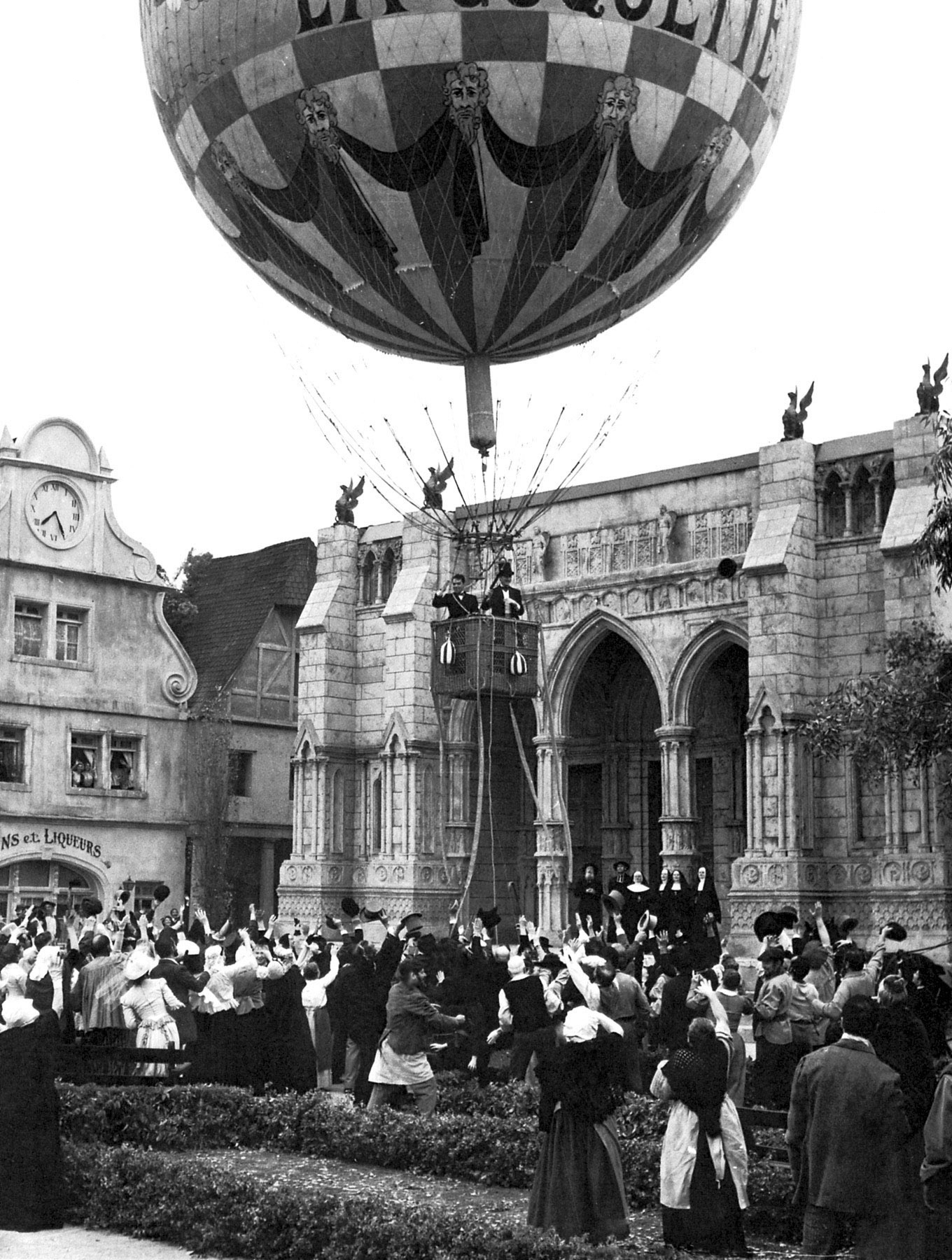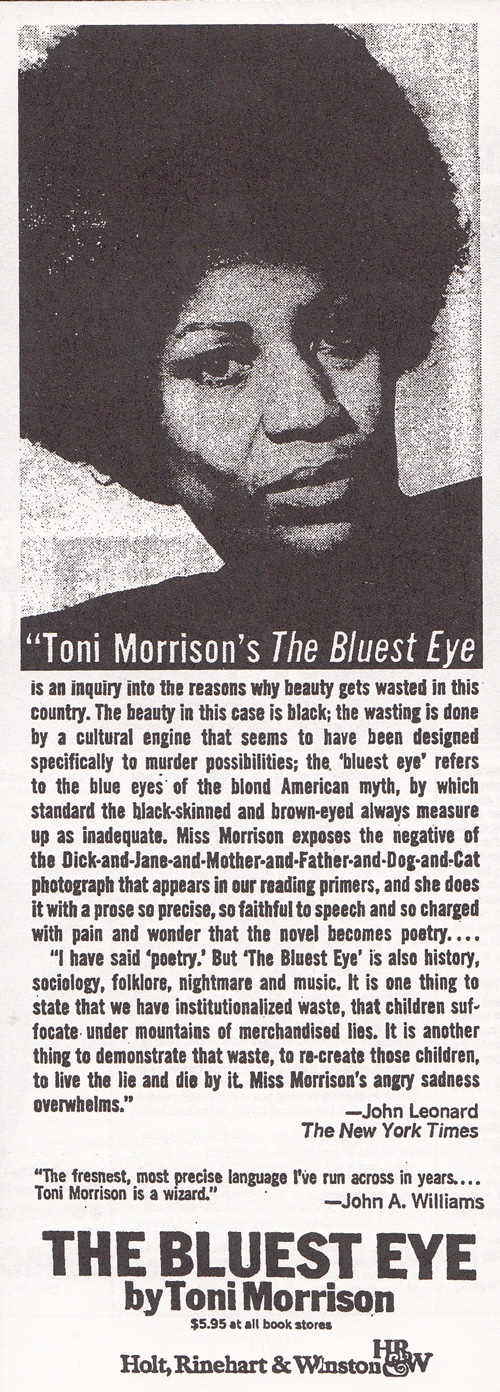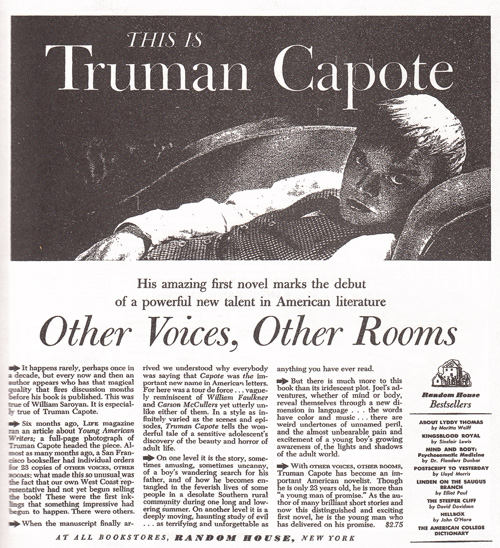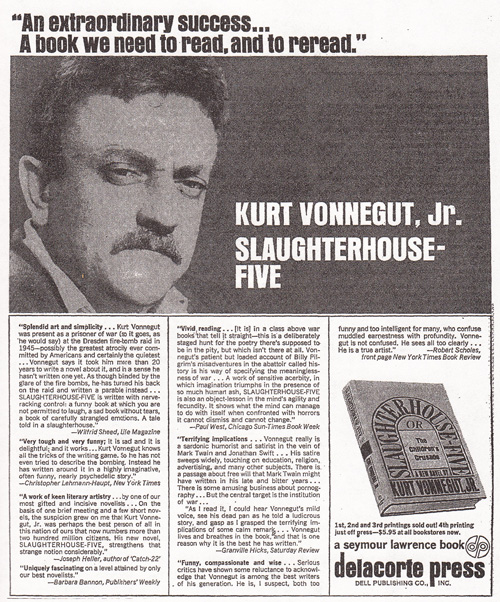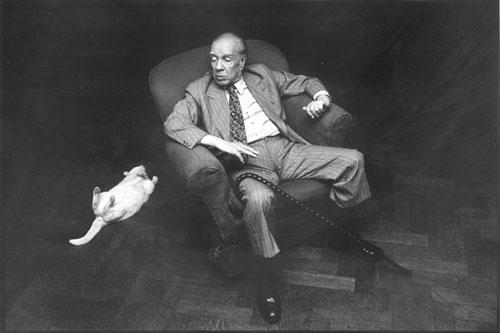-"Swing away, Merrill! Deus ex machina's got you covered!"
This
may be somewhat related to last week’s complaint, but you know what really bugs
me? Deus ex machina.
That’s
right, the plot device of last resort (it should be, anyway-) when a character
paints themselves into a corner, or finds themselves in a hopeless situation,
and some outside force or event swoops in to save their bacon. It’s maddening. You
don’t often find it in so-called “high literature,” but it rears its ugly head
every now and again. Take Cormack McCarthy’s The Road, for example.
I
loved that book. I loved how McCarthy pulled off ‘post-apocolyptic’ while
remaining completely apolitical. That, in itself, is pretty refreshing. But given
the bleak existence of his father and son duo in that book, their amazingly
good luck in a couple of tight spots laps right up against the borders of Deus
ex machina.
Literally
starving to death in a scorched landscape where all food sources have been
picked clean by raiders, they happen upon an untouched underground cache filled
with everything you could imagine. Awfully convenient. Later on, and in
similarly dire straits they discover a pristine cistern of crystal clear water under
a layer of rain gutter scum. Finally, with his father dead for two days, the boy
ventures back out to the road and meets, not another marauding gang or
cannibalistic maniac, but one of the last remaining ‘good guys’ who promises to
protect him. McCarthy pulls it off because he’s that good, but it still strikes
me as a little too convenient when it’s all said and done.
I’ve
mentioned Guiraldes’ Don Segundo Sombra
before. In that classic of Argentine
literature, the main character works his way up as a gaucho, earning his stripes,
not to mention a nice little nest egg that
he then blows on an ill-advised cock-fight bet. Gone is his hope for the
future, gone is his dream of owning “a string of ponies all of one color” …. Until he inherits his own ranch out of
nowhere, that is. Deus ex machina strikes again. And yeah, it kind of bugs me.













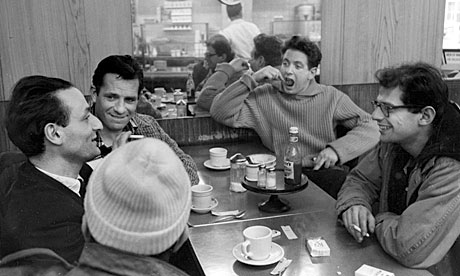





.bmp)





